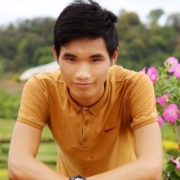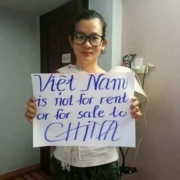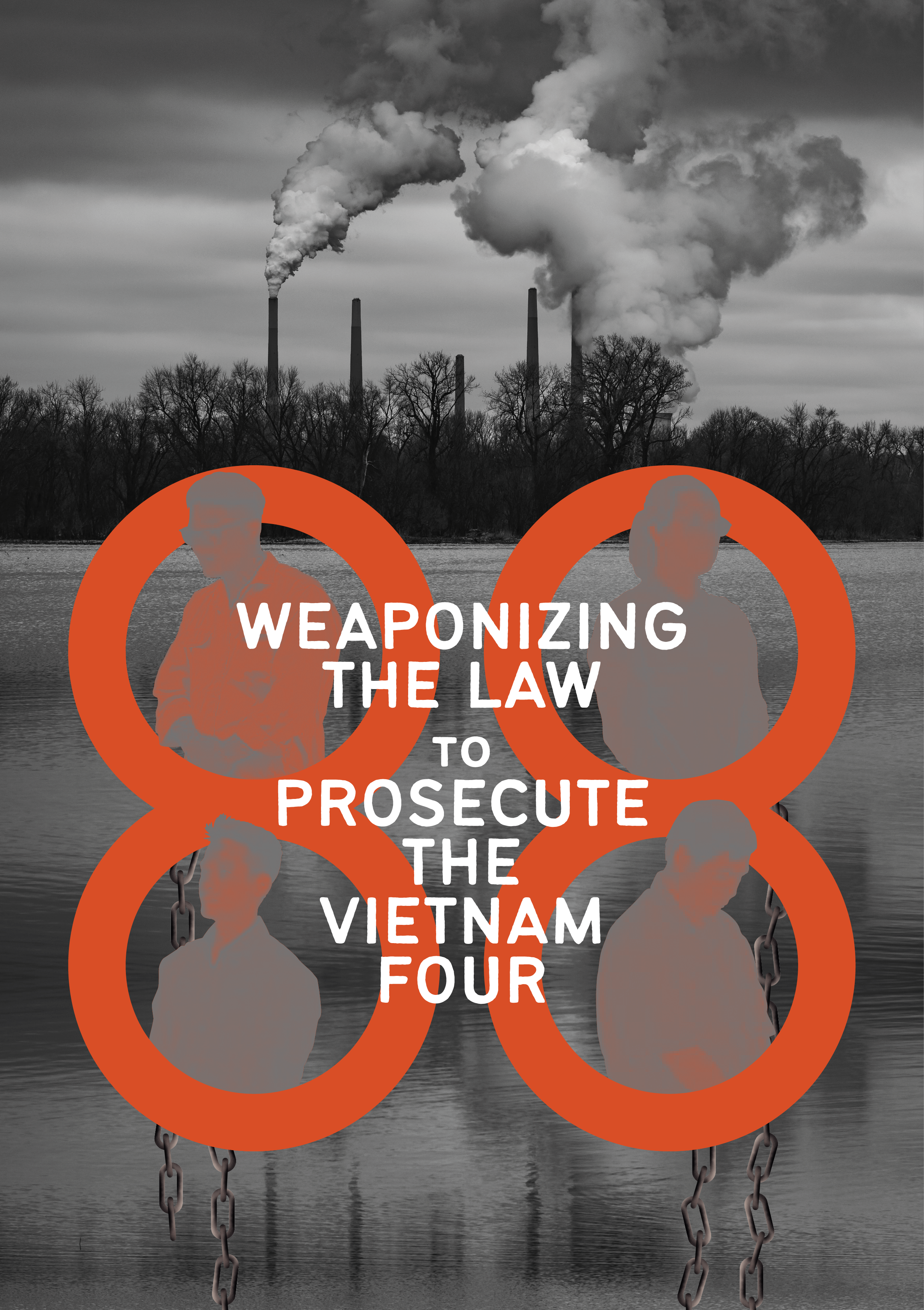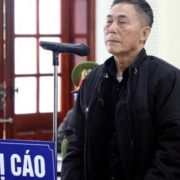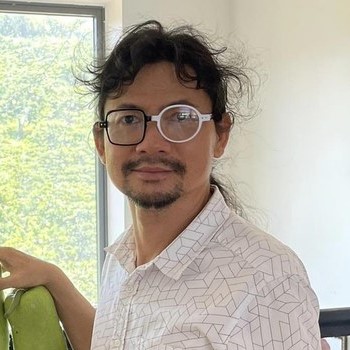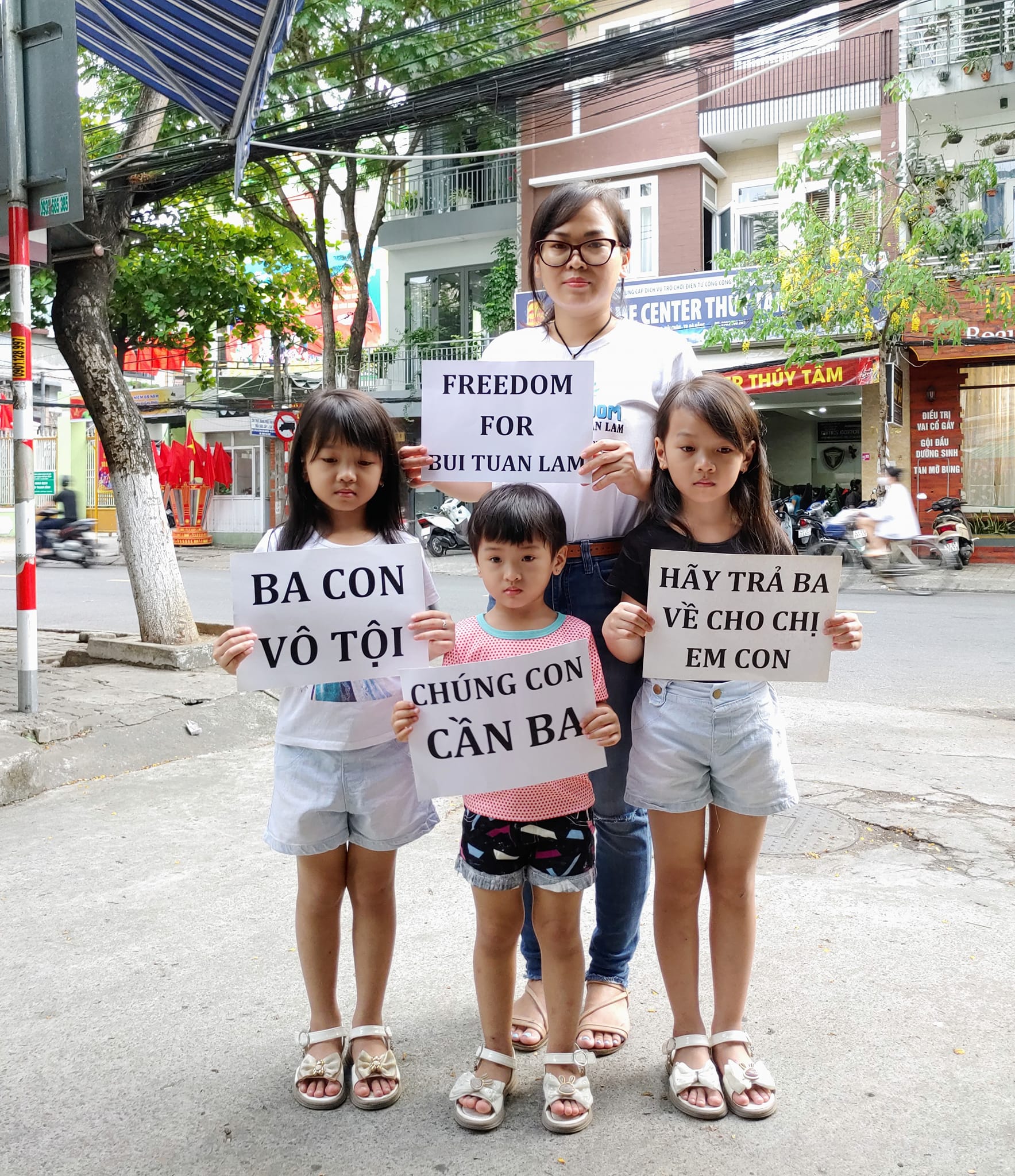As UN experts declare climate activist’s detention unlawful, President Biden should condition planned visit by Vietnam’s Nguyen Phu Trong to Washington D.C. on the release of Dang Dinh Bach
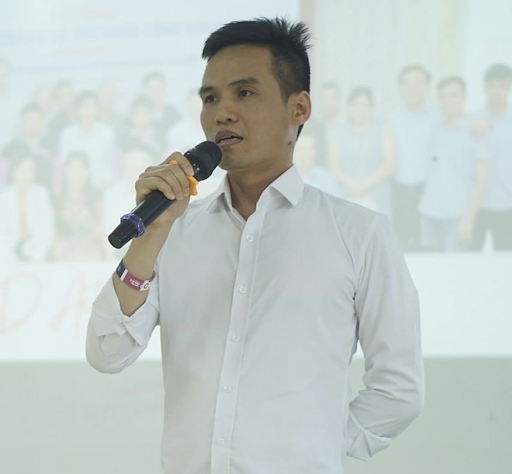
Dang Dinh Bach
May 26, 2023
U.S. President Joe Biden should condition a planned visit by General Secretary of the Communist Party of Vietnam Nguyen Phu Trong in Washington D.C. as early as July on the unconditional release from prison of climate activists.
Project 88 welcomes the early release of Goldman prize-winning climate activist Nguy Thi Khanh on May 5. Khanh was imprisoned for “tax evasion” along with three colleagues: Dang Dinh Bach, Mai Phan Loi, and Bach Hung Duong, after they pressured the government to commit to a policy of net zero carbon emissions by 2050. She was released just weeks after Project 88 published its report, “Weaponizing the Law to Prosecute the Vietnam Four.”
The report documented extensive evidence that the criminal prosecution of these climate activists was politically-motivated and not, as the government claims, about implementing the law and punishing tax evaders (English report, Vietnamese report). As President Joe Biden expresses a commitment to “cooperating with Vietnam on its ambitious climate goals” and considers hosting Nguyen Phu Trong in Washington D.C., he should condition Trong’s visit on the unconditional release of Dang Dinh Bach and other climate activists.
“It would be outrageous for President Biden to host the unelected leader of Vietnam’s one-party state in the U.S. to discuss cooperation on climate change while the country’s leading climate activists remain behind bars on trumped-up charges”, said Ben Swanton, co-director of Project 88. “Biden should resist calls by Hanoi’s lobbyists in D.C. to issue an invitation to Trong with no strings attached and instead condition the visit on the release of Dang Dinh Bach and other activists,” he added.
While Khanh has been released, Dang Dinh Bach is only two years into a five-year prison sentence. Bach, the only one of the four who did not plead guilty to tax evasion, has been on a partial hunger strike since March 17, 2023 to protest his unjust imprisonment. Tran Phuong Thao, Bach’s wife, told Project 88 after meeting with Bach on May 14, that he will start a full hunger strike on June 24, the second anniversary of his arrest, and continue to strike until he is released or dies.
Last week the UN Working Group on Arbitrary Detention determined Bach’s imprisonment to be unlawful, and on May 24, more than 90 organizations around the world launched a hunger strike relay in which the staff of each organization will fast for a day in solidarity with Bach. After reviewing Project 88’s report, the UN working group stated that: “The Working Group […] finds that Mr. Bach’s deprivation of liberty constitutes a violation of international law on the grounds of discrimination based on political or other opinion, related to his environmental work.”
“This opinion is significant as it completely discredits the government’s narrative that it was simply implementing the law and punishing tax cheats,” said Swanton, adding that “the assessment should dispel any ambiguity on the matter among the international community.” Drawing on Project 88’s report, the Editorial Board of the Washington Post has also published an opinion that calls for the four environmental activists to be released from prison.
While Nguy Thi Khanh was released from prison early after pleading guilty, Bach’s persecution has not ended with his imprisonment. His wife Thao has been subjected to administrative harassment and reprisals that appear to be designed to punish Bach for maintaining his innocence and Thao for advocating on behalf of her husband. Recently, Bach’s bank accounts were seized by the government, and government agents have threatened Thao that they will confiscate the family home and car if she does not repay Bach’s alleged tax debt.[1]
“The Vietnamese government should immediately cease its shameless harassment of Tran Phuong Thao,” said Swanton, adding that “Vietnam is extremely hostile to anyone who does not confess.”
“The government understands that these politically motivated prosecutions will only be perceived by the public as legitimate as long as most people confess to their ‘crimes,’” Swanton continued. “As soon people start opting to maintain their innocence, then the public will stop believing the official narrative and the whole criminal justice system will lose its legitimacy. That’s why the government goes to such extreme lengths to pressure people to plead guilty to crimes they did not commit. It’s also why it punishes those who refuse to confess, like Dang Dinh Bach, disproportionately.”
Apart from systematically dismantling the government’s narrative, Project 88’s report also illustrates how the four climate activists are emblematic of a new wave of repression that is being meted out against members of non-governmental organizations (NGOs) in Vietnam. Unlike anti-state activists who have long been imprisoned for alleged “national security crimes,” the Vietnam Four are members of a community that adheres to state policy priorities and does not question the legitimacy of one-party rule.
The report details how the prosecution of these individuals took place against the backdrop of state hostility to civil society, which has intensified since Nguyen Phu Trong came to power in 2016. This hostility has taken the form of a series of legal and extralegal measures that, echoing developments across the region, include new restrictions on groups that rely on foreign funding, strict controls on the organization of conferences, and the criminalization of policy activism and government accountability initiatives. UN human rights experts have described these new policies as introducing “unreasonably burdensome requirements for […} registration of funding and projects, meetings and other public activities,” effectively “render[ing] more complex all procedures to receive foreign funding, for INGOs [international NGOS] and national organizations alike.”
The rapidly shrinking civic space in Vietnam is especially concerning given that the government is in the process of negotiating the details of a $15 billion “just” energy transition package (JET-P) with the G7 that was announced in a declaration last December. Under the deal, Vietnam is supposed to become carbon neutral by 2050, although, as one astute analyst observed, the country will receive foreign funding for increased coal-fired power generation up until 2030, which it would not have received otherwise. The declaration notably stipulates that “for the transition to be just and equitable, regular consultation is required with media, NGOs and other stakeholders.” However, as Swanton notes, “if current trends continue, then there will be no independent civil society left to participate in the country’s energy transition.”
“As the Biden administration seeks closer ties with Vietnam and increased cooperation on addressing climate change, it is imperative that the environmental activists and civil society are not sacrificed at the altar of climate change diplomacy,” said Kaylee Uland, co-director of Project 88. “Vietnam needs its environmental defenders on the front lines – not behind bars – in order to monitor the country’s energy transition and ensure the government delivers on its promises.”
Nguyen Phu Trong may be in Washington D.C. as early as July. President Biden should condition his visit on the unconditional release of Dang Dinh Bach and other activists.
For more Project 88 reporting, please visit:
For more information, please contact:
Ben Swanton (English, Vietnamese), [email protected]
[1] Since the beginning of 2023, Thao has reported numerous instances of administrative and judicial harassment that appear designed to punish her for her advocacy with the UN, while forcing Bach to admit to his alleged crime. We have documented these issues in recent communications from Thao (see these updates from April and May 2023). Attempts to punish Thao for her advocacy amount to reprisals, which are prohibited by UN Human Rights Council resolutions 12/2, 24/24, and 42/28.
© 2023 The 88 Project


